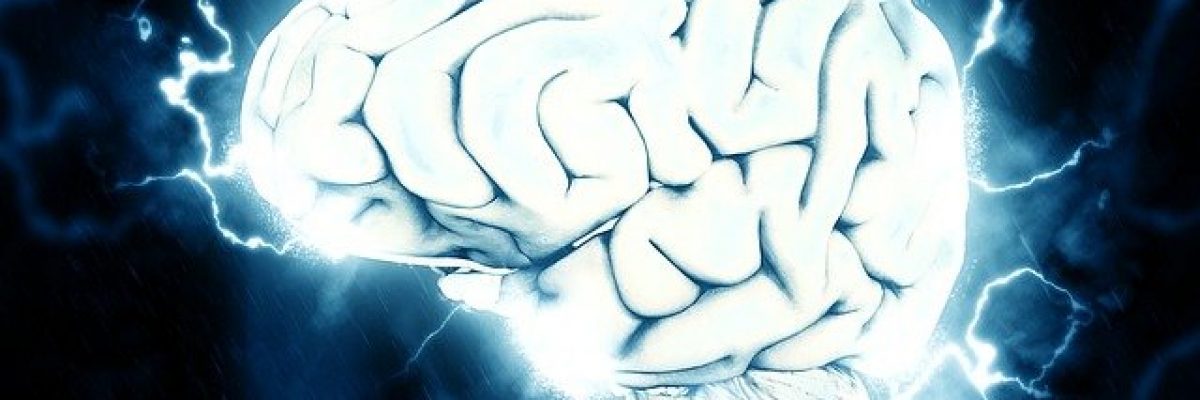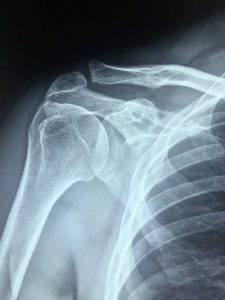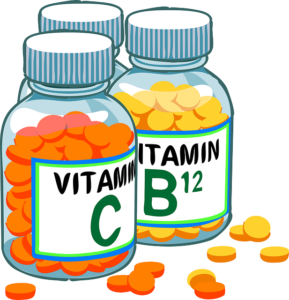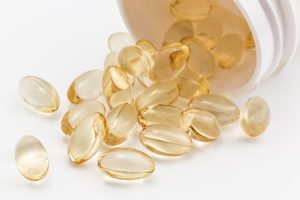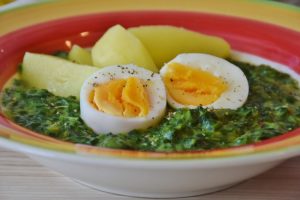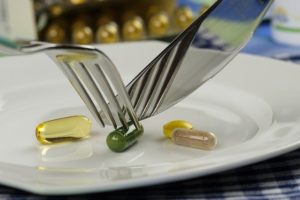The pain relieving expert gives a hint to improve memory + detoxification and cardiovascular strengthening. Too much at once? Let’s talk about tea. Green tea.
If there was something that could easily improve memory and also increase the body’s ability to defend itself, would that be worth a try? Or are the cherished habits, with all that comes with them, much more important? Green tea.
The main active ingredient in green tea – epigallocatechin gallate, abbreviated EGCG – can stimulate the formation of new nerve cells in the brain (neurogenesis). According to a study from 2012. It was previously believed that the formation of new nerve cells in the brain was impossible in adults. The opposite is the case.
In adults, nerve cells can form again and again – even in old age. This is therefore a lifelong ability of the brain. Got it. We are getting closer to the matter. This means that the brain and its structures can change, develop and adapt as needed, i.e. when you learn something new (sport, language, new physical demands).
From the 2012 study, it was found that mice given EGCG from green tea learned much faster. The mice also had a better spatial memory than a comparison group that had not received EGCG. What if there is already damage (i.e. harmful protein deposits – plaques)? Can EGCG then also improve something here? Hell, yes.
Study from 2010 by the “Max Delbrück Centre for Molecular Medicine” in Berlin. In 2014, scientists from Basel (Austria) led by Professors Christoph Beglinger and Stefan Borgwardt published interesting research results in the journal “Psychopharmacology” : The male participants of the study were given a soft drink with green tea extract before they had to solve a task.
With the help of MRI images, the researchers were able to show that in the brains of those men who had received the green tea extract, a significantly higher connectivity between individual brain regions was recognisable. At the same time, the green tea men were also able to solve the tasks better. Is that exciting or is that exciting? ![]()
Now the question is – why don’t I use a pure EGCG product, i.e. just the pure active ingredient?
A study (2017) in which 21 studies on the topic of green tea and the brain were compared, show that the effect is an interaction of several substances from the green tea, which together had such a positive effect.
A pure EGCG product does not have this effect. It makes more sense to drink organic green tea or to take high-quality green tea extract capsules. Everything understood? A review (2019) also showed that most of the available studies found a positive association between green tea consumption and the occurrence of neurodegenerative diseases.
Alzheimer’s and similar diseases are less likely to occur the more green tea is consumed. How much green tea do I drink myself per day? About 1,5 – 2,0 litres. Your turn. Questions?
Let me know. See you next time.
Stay strong. Matti

